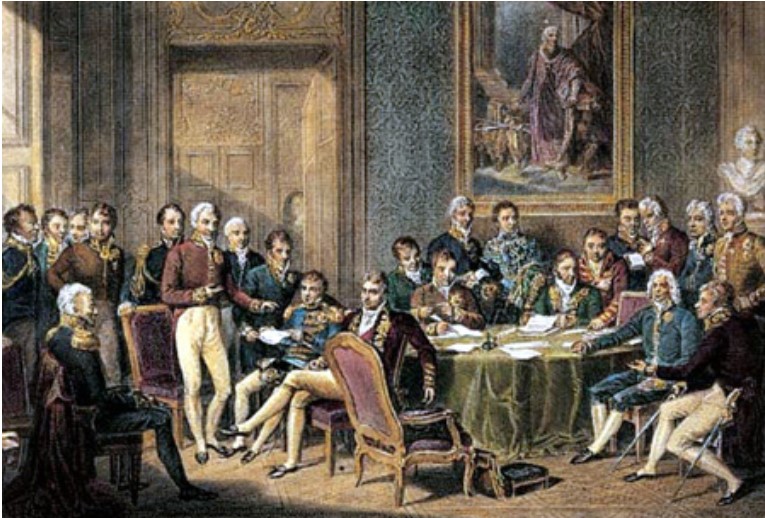
World History has often turned on the sharpest of points, and has often been fueled by the human ability to respond and react to their surroundings. Often, history has been glorified to be told to rhyme with its past. While this has often been an exaggeration, it is fair to argue that humans have often responded to crises and events in some predictable ways.
With this mindset, we look into the immigration crisis that Europe is dealing with in the 21st century. Who is responsible for this crisis, to begin with, is not essential for our purpose. Instead, it is the perception that the modern European states, their people and parties have that decides the outcome of our world.
At the centre of our understanding of this lies the spirit of a nation and its people. Historically, the idea of pan-German nationalism was a vital catalyst in the chaos that descended upon Europe in the 20th century.
The Fate of the Habsburgs
In the 19th century, central Europe was a confluence of 39 states, and among these, Austria and Prussia were the most powerful. Many among the scattered German people living in Europe had an idea of pan-German nationalism, believing that the Germans were not just a people but also a nation, and thus deserved a single homeland. This emotion would drive immense effort among many to unite the confluence of German states into one nation. 19th century Europe was characterized by the rise of nationalism, and the Germans were no exception to it.
The Austrian Empire had been one of the most powerful states in Europe, and had been long dominated by a German ruling class. However, this power was slipping away, and over time the German ruling class had to cede much of its power to keep itself intact. The many pan-German nationalists saw this loss of power to the many smaller parties as a fall of the German regime. Thus, a reinvigorated German nationalism pushed for the unification of the German people.
The fall of German influence in Austria also fueled the resentment against the Habsburgs, the ruling dynasty. In addition, just as this happened, another empire rose to power, and the hopes of pan-German nationalism began to rise again.
The Rise of Germany
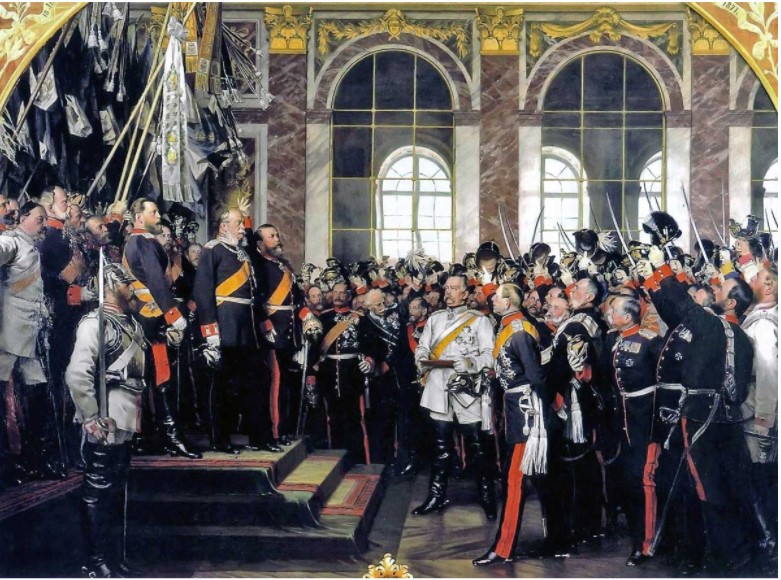
Placed in a juxtaposition to the declining Habsburgs was the rise of the German Empire. Over the 19th century, under effective leadership from its Chancellor Otto von Bismarck, Germany had risen to lead the German world, and the confluence of states in Central Europe fell in line behind Prussia to form the German Empire.
Many pan-German nationalists did not miss the contradiction between a rising Germany and a declining Austria. In the eyes of many, Germany had become a semblance of German pride and the leader of the German world. The rise of Germany brought together fractured German states and became an indicator of the triumph of pan-German pride, which further fuelled the ambitions of pan-German nationalism. However, soon, this pride would receive a challenge.
The Seminal Catastrophe
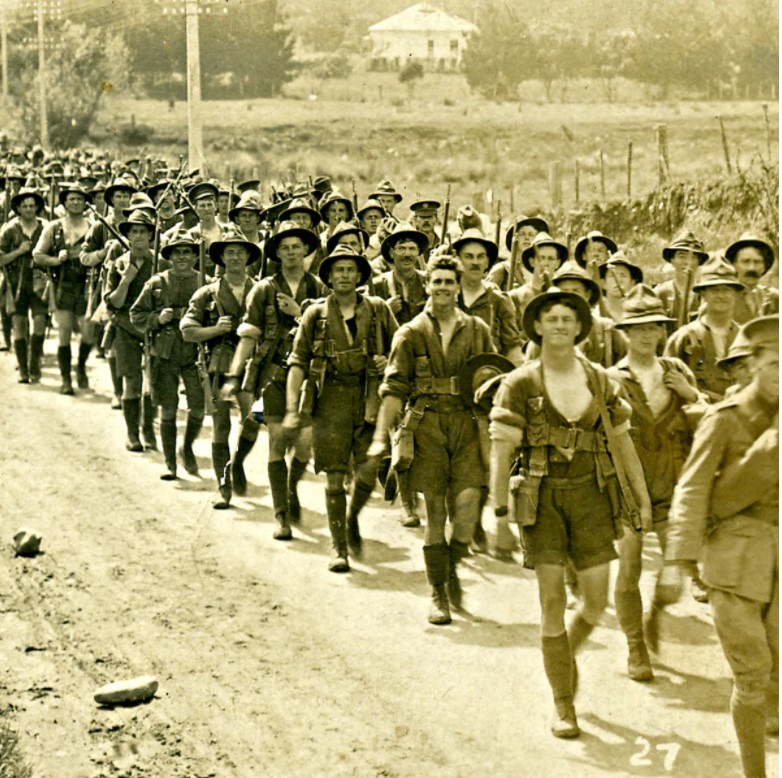
The First World War was a colossal disaster for the German Empire, and the Austrians too. Despite the rivalry featured in the previous century, the Austrians had sided with the Germans in the war, which was also seen as a coming together of German people by many nationalists.
However, by the end of 1918, the Germans had lost the war. In 1918, Germany signed an armistice, thus ending the First World War and surrendering. As the Kaiser abdicated, chaos ensued, as many fringe groups, extremist parties, both from the right and left, tried to seize power in the now leaderless Germany.
A Government Doomed From its Inception
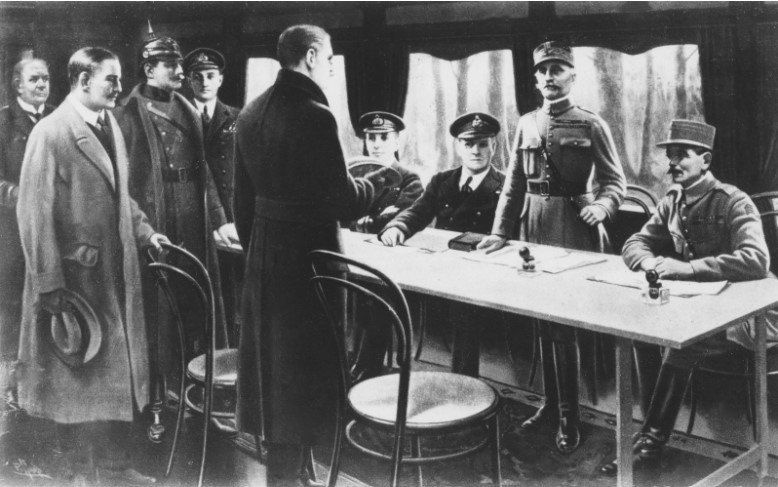
Among all this chaos, a group of Social Democrats — moderate working-class politicians—announced the establishment of the Weimar Republic to prevent the chaos from causing a Communist takeover. However, the very foundation of the Weimar Republic was laid on shaky grounds.
After Kaiser Wilhelm II abdicated, he left the responsibilities of government to no one. The Social Democrats did not do as much as decide to establish a Republic as much as they panicked into creating one due to the fear of a Communist takeover. Germany had already lost the war before the Kaiser had abdicated, when General Von Hindenburg and General Ludendorf wrote to the Emperor, asking him to surrender and sign the armistice. All real hopes of winning the war had been lost before the winter of 1918 could set in. However, when the Kaiser abdicated and the hastily put together Weimar Republic and its leaders came to power, they were the ones to sign the armistice and formally accept defeat.
A defeated but proud German nation, which had seemed to march to victory only a few decades ago, saw the conception of the Weimar Republic built on the humiliating grounds of German defeat, and a treaty that took everything from their people.
How the Seeds of Insecurity are Reaped
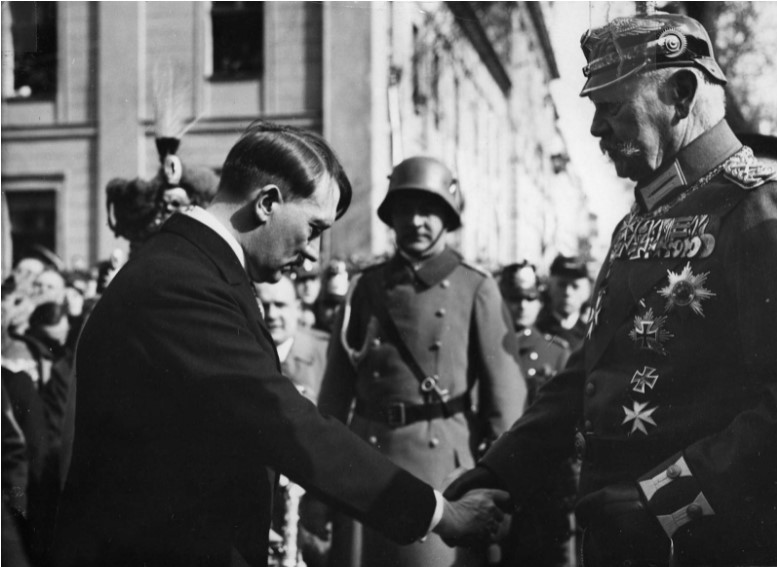
A group of people scared of defeat, or even resentful of the same will always have a tendency to find someone who can promise them redemption. In this way, the German identity, and those who identified with it, saw themselves struggling to bring together their nation. The pan-German nationalists in Austria, who in their ambition to one day be united with the Fatherland, developed a disdain for all those who were at odds with them. At the root of this problem was a dangerous distrust of the system, established in troubled times and by a handful of people.
The disaster that the Nazi party would lead Germany to in the coming decades had its seeds sown many years prior, often by unsuspecting people. At the core of this lay the hurt pride of a resentful people, and under the dangerous pressure of a distrustful government, Europe was a powder keg, ready to explode.
Much like then, the Immigration crisis is a time bomb waiting to explode. No event in human history is without conflict; that is true. But it is often the poor handling of them that leads one to doom.
Immigration and Europe
Immigration, for long, has been a matter of concern in Europe and other parts of the world. While the definition of immigration is as simple as the movement of non-native people into a country to settle there, the aftermath of the entire process prevails to be a less-talked-about scenario. It is no secret that the Middle East has been gravely affected by the wars and conflicts, and hasn’t witnessed an end to the bloodshed. However, both political and religious crises have sparked riots and protests in numerous European nations.
The war victims fled their countries only to be asylum-seekers in countries like Germany, Norway, Spain, etc. The term ‘asylum-seekers’ refers to people who request persecution or protection from conflict, but their application has not been processed yet.
The ‘European Migration Crisis’ began in 2015 when people from North Africa and the Middle East started to arrive at the European Union in high numbers. It is due to factors like socio-political stability, economic growth, demography, etc., which has made Europe act as a ray of hope for a better life for the refugees.
Germany has been one of the leading countries in providing shelter to asylum-seekers from Syria, Iraq, and Afghanistan. The country is in a global competition for qualified immigrants who require better incentives as the migrants constitute about 26% of the entire German population. Overall, Germany’s immigration and integration policies have been proactive under its centre-right administration.
However, these same policies also split the governments between opening or closing Germany’s borders and encouraging diversity or demanding cultural integration.
Falling Faith in the Establishment
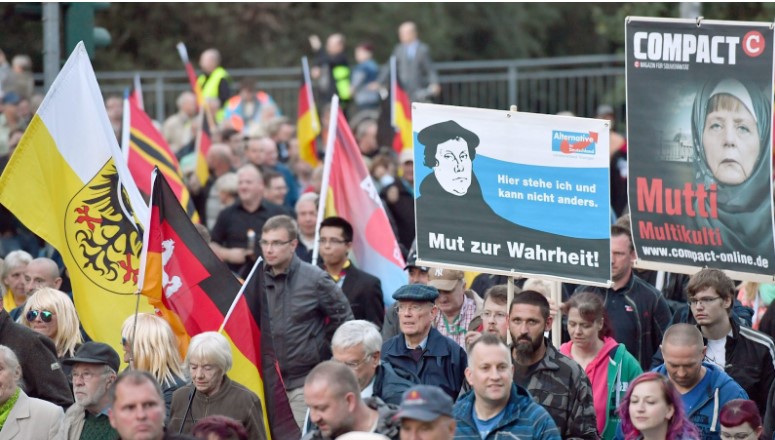
The primary reason behind the hostile attitude adopted by certain sections of German society is strongly connected with the advent of crimes committed by the refugees. The New Year’s Eve celebration of 2015-16 shocked Germany as 1,200 women were allegedly sexually assaulted, the majority of the perpetrators being males of Arabic and North African descent. The fact that the assaults appeared to have been planned is extremely concerning. Approximately 1,000 young males arrived in huge groups, ostensibly intending to attack women.
On 17th August 2017, Barcelona encountered two deadly Jihadist attacks that killed 16 people and injured 140 in and around Barcelona. The Islamist State Group (IS) claimed to have carried out these attacks. The atmosphere of terror created by the Islamic refugees from the middle-east has left the Germans questioning the free borders and liberal immigration policy as a political failure. Post the Barcelona attacks of 2017, the AFD released an article calling into question the EU’s, and also their own country’s competence in dealing with terror and suggested that the system had become corrupt.
A good German population showing loss of faith in the current political regime is no shocker when the crimes are escalating at an increasing pace. Consequently, the Alternative für Deutschland (AFD) is becoming popular among the German public because the party is anti-immigration. Developing a sense of their voices being unheard, many Germans have begun turning to the AFD for their concerns and fears to be paid heed to. Much like the name suggests, the AFD has emerged as an alternative appealing to the masses to bring them to power, so the incompetence of the current political party can see its way out.
If we may make an appropriate comparison, the one uniting factor between National Socialists and the AFD is the sense of distrust in the ruling regime. For the former, this was born out of a dislike for the Treaty of Paris, and the Weimar Republic was accused of signing the treaty. For the latter, this distrust is placed in the designs of the European Union, and the current regime of the German Republic. These parties have appealed to the larger German population based on resentments and insecurities that appear pretty truthful to the naked eye. However, the crises that are unfolding in the centre of Europe can pave the way to a much worse future, and it is in the careful, or careless, handling of these that lies Europe’s fate.
Written by Aarushi Verma and Maanya Shukla for MTTN
Edited by Aditya Kapur for MTTN
Featured Image and Image Credits via History Today, The Open Door Website, Preceden, The Forbes
Sources: The Rise and Fall of Nazi Germany – William L. Shirer
Europe Since Napoleon – David Thomson
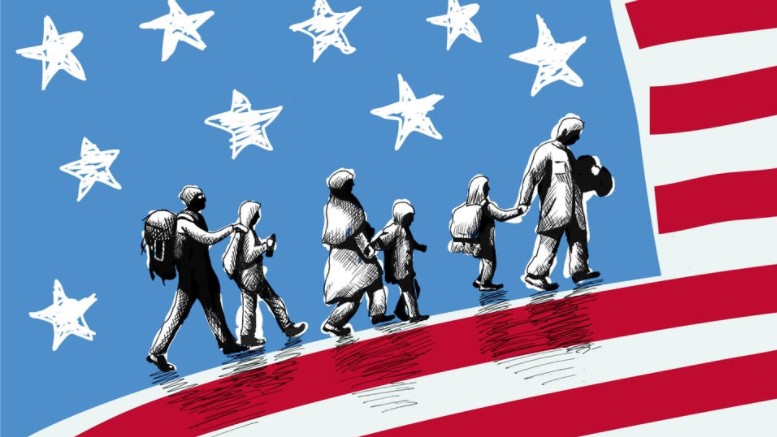
Leave a Reply
You must be logged in to post a comment.